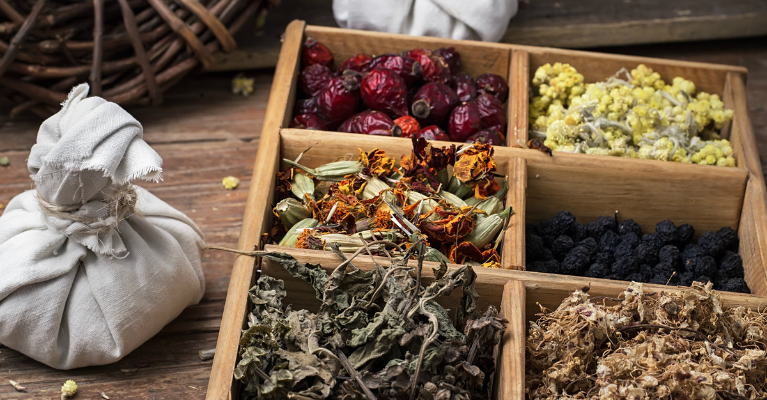- View New Regulations to Formalise Traditional Healing in South Africa, Currently reading
News | Health Practice
New Regulations to Formalise Traditional Healing in South Africa
Time to read: 00:52 mins
Time to listen: 02:02 mins
Published on MedED: 11 November 2024
Type of article: News
MedED Catalogue Reference: MNG0058
Category: News
Category Cross-reference: Healthcare Practice
Keywords: Traditional Healers, HPCSA, Healthcare Practice
Top
Type of article: News
MedED Catalogue Reference: MNG0058
Category: News
Category Cross-reference: Healthcare Practice
Keywords: Traditional Healers, HPCSA, Healthcare Practice
Top

11 November 2024, 15:15
Around 70% of South Africans, particularly in rural areas, consult traditional healers before seeking medical treatment.
New regulations set to be enforced in 2025 will require these healers to register with the Interim Traditional Health Practitioners Council, much the same way as healthcare practitioners do with existing medical boards like the Health Professions Council of South Africa.
The new rules, based on the 2007 Traditional Health Practitioners Act, aim to standardise training, ensure compliance, and integrate traditional medicine into the formal healthcare system, ensuring mandatory training.
Whilst some traditional practitioners have expressed concerns over the costs of registration and fear that their practice may be forced to align to Western medical standards, the Health Department believes this formalisation will improve collaboration with medical professionals, enhance primary care, and align with WHO recommendations for integrating Indigenous knowledge.
Pilot studies have shown promising collaboration between traditional healers and clinics, particularly in HIV testing and referrals, advancing towards the 95-95-95 HIV treatment goals. However, achieving trust between conventional healthcare systems remains challenging, as historical power dynamics and scepticism persist. Effective partnerships will require open dialogue to leverage both systems for better patient outcomes.
The public comment period has ended, and traditional healers' registration will soon begin. Qualified practitioners must pay R1,000 for initial registration and R500 annually for renewal. Student healers will be charged R200 initially and R100 per year after. Tutors will pay a higher fee, with an initial payment of R5,000 and an annual renewal cost of R1,500.
This story was compiled from various resources including:
11 November 2024 | News24 | By 2025, traditional healers will likely be unable to practise without registration
Back to top
Disclaimer
This article is compiled from various resources researched and compiled by the contributor. It is in no way presented as an original work. Every effort has been made to correctly attribute quotes and content. Where possible all information has been independently verified. The Medical Education Network bears no responsibility for any inaccuracies which may occur from the use of third-party sources. If you have any queries regarding this article contact us
Fact-checking Policy
The Medical Education Network makes every effort to review and fact-check the articles used as source material in our summaries and original material. We have strict guidelines in relation to the publications we use as our source data, favouring peer-reviewed research wherever possible. Every effort is made to ensure that the information contained here is an accurate reflection of the original material. Should you find inaccuracies, out of date content or have any additional issues with our articles, please make use of the contact us form to notify us.
Rating


